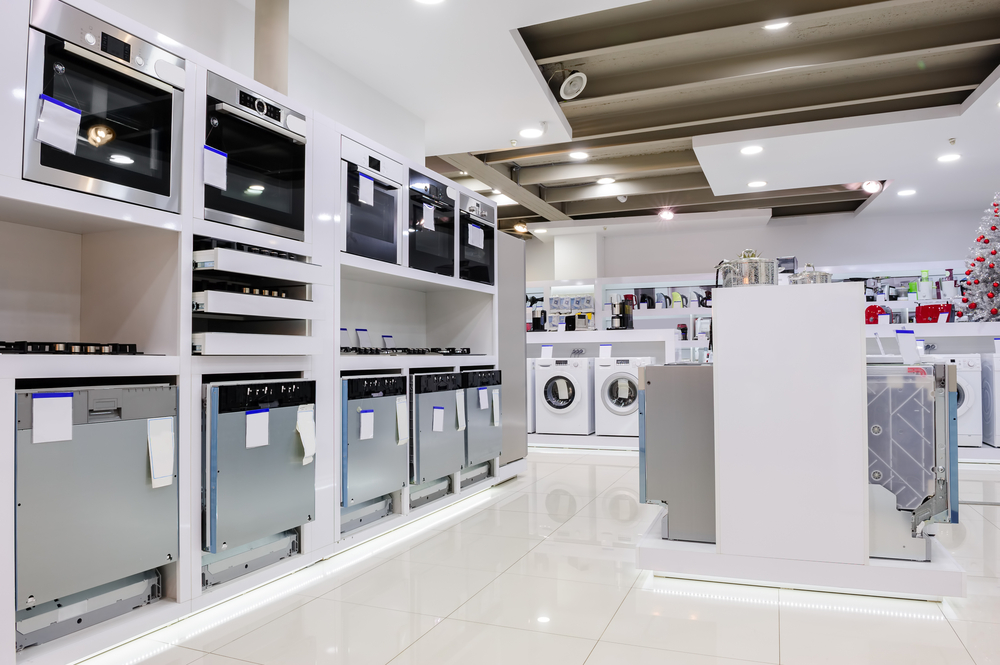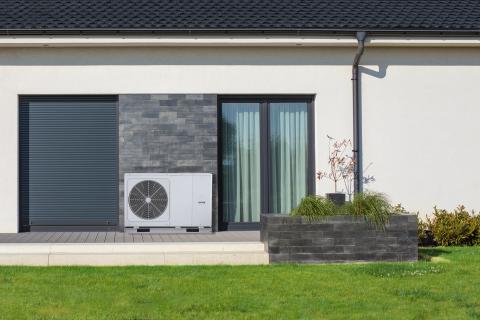Victoria’s ban on networks offering gas appliance rebates is a win for customers

Key Takeaways:
IEEFA has welcomed the Victorian government’s decision to prohibit gas distribution networks from providing rebates for new gas appliances as “a win for consumers”.
IEEFA research has found that switching gas appliances to efficient electric alternatives at end of life would benefit Victorians, and will be crucial to addressing energy security concerns and emissions targets.
18 April 2024 - (IEEFA Australia): The Institute for Energy Economics and Financial Analysis (IEEFA) has welcomed the Victorian government’s decision to prohibit gas distribution networks from providing rebates for new gas appliances as “a win for consumers”.
In a study released in November 2023, IEEFA found that switching gas appliances to efficient electric alternatives at end of life would benefit Victorians, and was crucial to addressing energy security concerns and emissions targets. The research found that Victorians are locking in around $900 million in unnecessary lifetime costs per year from installing new gas appliances.
According to Jay Gordon, IEEFA’s Energy Finance Analyst – Electricity, the Victorian government’s decision to prevent networks from offering discounts on the upfront cost of gas appliances recognises that fast, efficient, flexible electrification of households can unlock significant energy bill savings for consumers.
Mr Gordon says: “If gas appliances were required to be replaced with efficient electric alternatives at their end of life, our research found the average Victorian home could save $1,200 a year on their energy bills.”
IEEFA’s analysis highlights that while a discount on the upfront cost of a gas appliance might appear to be a bargain, it does nothing to reduce the ongoing running cost of the appliance, which make up at least 75% of the appliance’s lifetime costs. In Victoria, about a third of gas running costs go back to gas networks.
“While this policy is a sensible step, it also highlights the need to address the root cause of the issue, which is that our regulatory system currently encourages gas networks to grow at a time when we need them to start winding down,” said Mr Gordon.
“Gas is no longer the cheap household fuel it once was. All-electric homes are the most cost-effective option for Victorians, and it’s increasingly clear that a managed phase-down of gas networks is in the long-term interests of consumers.”
By encouraging consumers to buy new gas appliances, networks are exposing them to the risk that, as other households get off gas, those customers who remain may face higher costs, and may ultimately be left stranded if the network is wound down.
Gas networks have acknowledged that electrification is the likely future pathway for homes. In fact, Victoria’s gas distribution networks recently asked the regulator to bring forward over $460 million in charges on customer bills over the next five years, to help cover the networks from the risk that customers will desert gas in the long run.
The main alternative proposed by networks – hydrogen – is not economically viable for households, and is not compatible with the appliances that are the target of these rebates.
Media contact: Amy Leiper [email protected] +61 (0) 414 643 446
About IEEFA: The Institute for Energy Economics and Financial Analysis (IEEFA) examines issues related to energy markets, trends, and policies. The Institute’s mission is to accelerate the transition to a diverse, sustainable and profitable energy economy. (ieefa.org)














